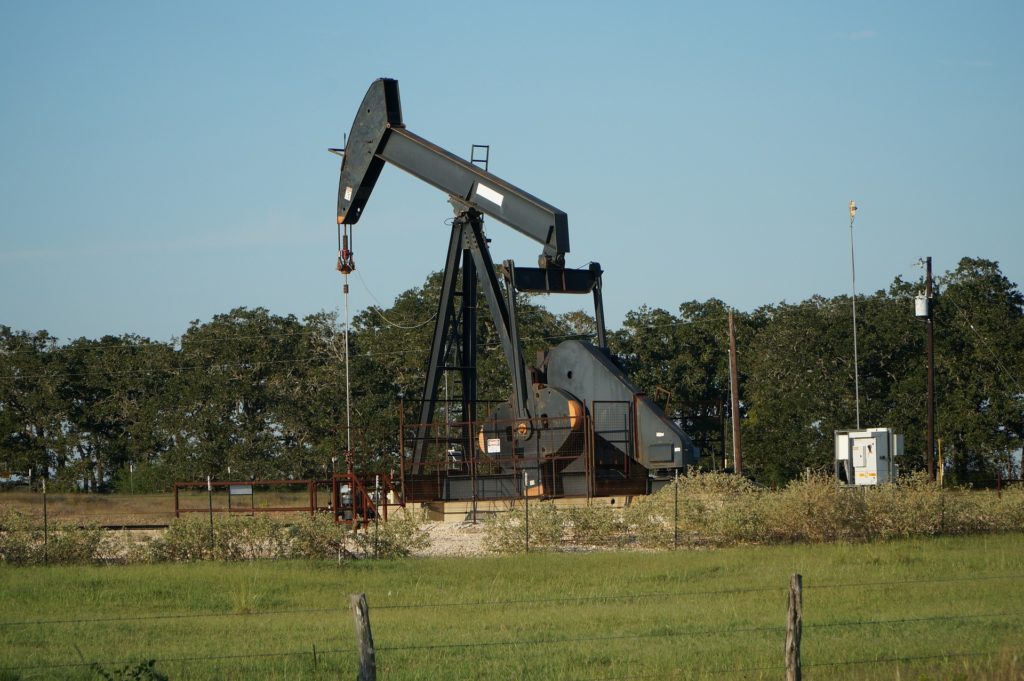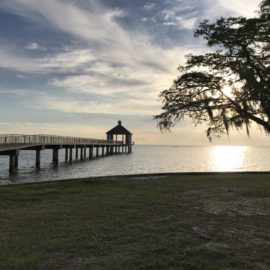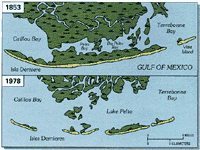
We are losing land and the prospective is that nothing we can do will stop that but why do we make it worse?
The binge-worthy drama about Louisiana’s fight for a coastal future continued last month with three episodes. Spoiler alert: It remains a tragedy in the making. Previously: After losing almost 2,000 square miles of its bottom third to the Gulf of Mexico in just 70 years, the Louisiana Coastal Protection and Restoration Authority in 2007 unveiled a 50-year, $52 billion coastal master plan. Computers concluded that if the state built the projects on time, by 2067 it could be building more land than it was losing in aggregate. The second computer run in 2012 produced the same forecast. But in 2017, that optimism died. The computers now said that, even with all projects done by 2067, the state would lose another 1,200 to 2,800 square miles. That’s because increasing greenhouse gas emissions primarily from oil, gas and coal were driving global warming at a more rapid pace. The oceans were expanding as they warmed while glaciers and ice fields were melting. Together that has caused the most rapid acceleration of sea level rise in 2,000 years. Therefore, any chance for a habitable future south of Interstate 10 beyond 2067 depends on the world dramatically reducing emissions soon. We now resume the series…
nola.com
We are told the danger, we see the danger and then we do a bill that will make the danger worse.
March 20 episode: The Intergovernmental Panel on Climate Change issues its latest update on the world’s efforts to reduce emissions and avoid worsening impacts already being suffered, such as sea level rise and monster hurricanes. It is the direst update yet, declaring “with very high confidence” there “is a rapidly closing window of opportunity to secure a livable and sustainable future for all.” That’s especially alarming news for Louisiana. Because this state is sinking as the Gulf is rising, Louisiana already is experiencing sea level rise almost three times faster than the national average, while the Gulf is warming twice as fast as the rest of the oceans. Reducing the world’s emissions are the key to Louisiana’s coastal survival.
The we get bad funding news.
March 25 episode: The CPRA warns the state that funding from the Deepwater Horizon settlement, which it’s been using to keep the coastal plan on schedule, will run out in 2032. If a new source isn’t found in nine years, the program would face cutbacks and land loss would increase. But the agency didn’t mention what it already knows: If the world has just seven years to reduce emissions 50% from 2010 levels, many of those projects will become ineffective anyway due to sea level rise — regardless of funding.
Then our love of oil, despite its climate dangers, comes to the fore.
March 26 episode: U.S. Rep. Garret Graves, R-Baton Rouge, joins his fellow Louisiana GOP House members touting their “Lower Energy Costs Act” part of HB 1, saying it would be a “win, win, win for Louisiana.” No, it’s not, not, not. The bill seeks to increase oil and gas development, reduce regulations and permitting that help prevent those activities from polluting public land, air and water, and at the same time scale back programs for renewable energy. It is a bold attempt to make sure investments in oil and gas exploring are so huge that whatever is discovered and recovered will have a huge lobby for use. In other words, if they find it, they will make sure we buy it and burn it. This is a lose, lose, lose for the planet but especially for Louisiana, a state whose only chance of keeping its coastal zone above water past 2067 is for the world to dramatically cut back the use of oil, gas and coal. Yes, the bill would increase federal offshore energy revenues to coastal states like Louisianan. Supporters make the absurd argument that increased drilling helps save the coast by sending money to the plan. That’s like saying smoking helps fight lung cancer because taxes on cigarettes goes to cancer research. The science is clear that there can be no coastal future here without emission reductions.
The next episode is to come. Already the population of New Orleans is dropping for some of these same reasons.
Next episode: Louisiana politicians struggle for answers when residents begin asking if rising emissions are linked to bigger hurricanes and skyrocketing insurance rates.
It will get wowrse when the republicans have the governorship and both houses.



